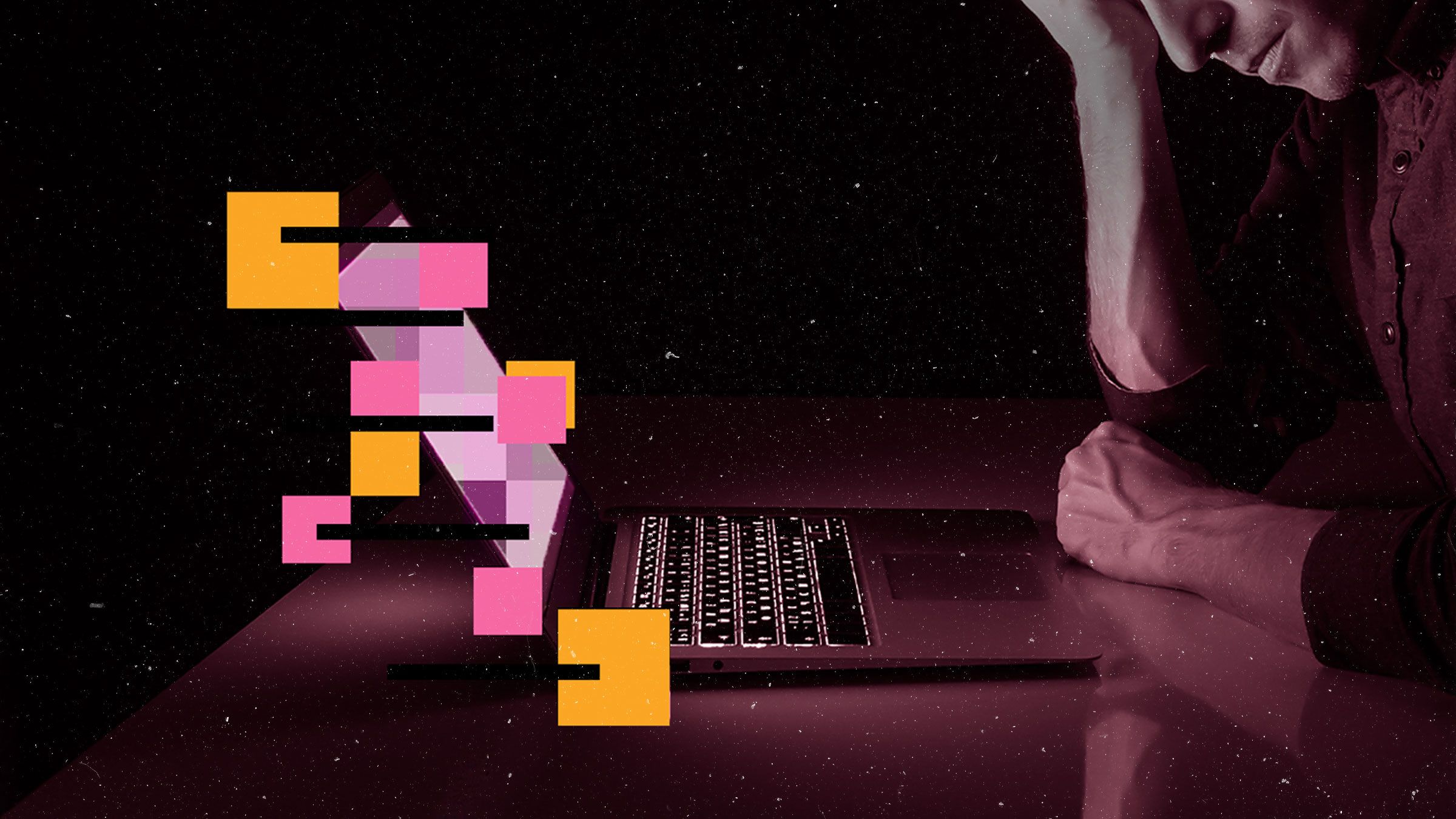Inequality Is a Health Risk—and It’s Getting Worse
…

Inequality Is a Health Risk—and It’s Getting Worse
Inequality, both social and economic, has a detrimental impact on health outcomes. Studies have shown that individuals living in more unequal societies experience higher rates of physical and mental health issues. This is often attributed to higher levels of stress, reduced access to healthcare, and limited opportunities for socioeconomic advancement.
One of the key ways in which inequality affects health is through disparities in access to healthcare services. Lower-income individuals are less likely to have health insurance or regular access to a primary care physician, leading to poorer health outcomes and higher rates of chronic conditions.
Inequality also plays a role in the prevalence of mental health issues. Individuals living in poverty or facing discrimination are more likely to experience depression, anxiety, and other mental health disorders. These disparities can have long-lasting effects on overall well-being.
Furthermore, inequality can exacerbate existing health disparities, particularly among marginalized communities. People of color, LGBTQ+ individuals, and individuals with disabilities are disproportionately affected by the negative health impacts of inequality.
Addressing health inequality requires a multi-faceted approach that includes policies aimed at reducing income inequality, improving access to healthcare, and promoting social equity. By addressing the root causes of inequality, we can create a more equitable society where all individuals have the opportunity to lead healthy and fulfilling lives.
As inequality continues to grow, so too do the risks to our collective health. It is imperative that we prioritize efforts to reduce inequality and create a more just and equitable society for all.




